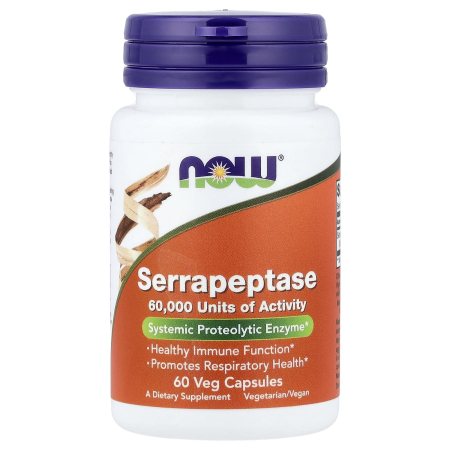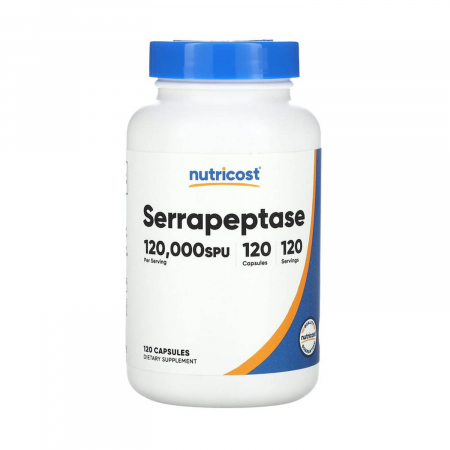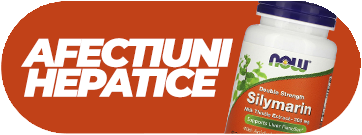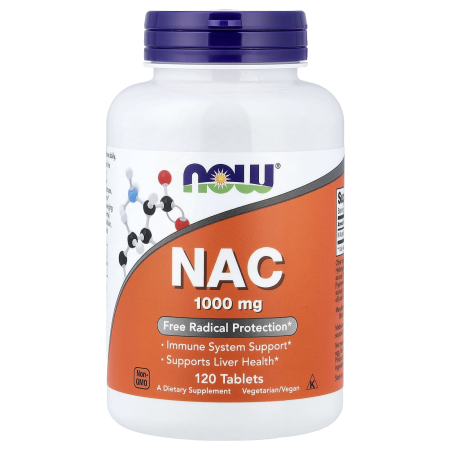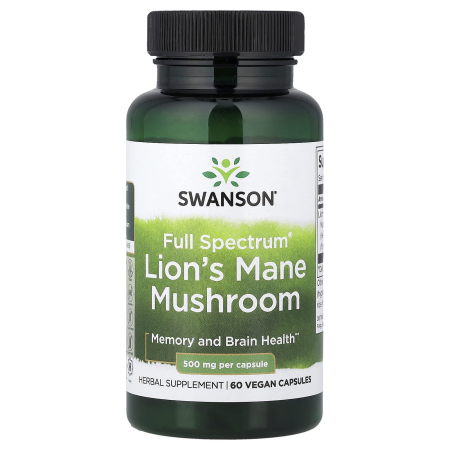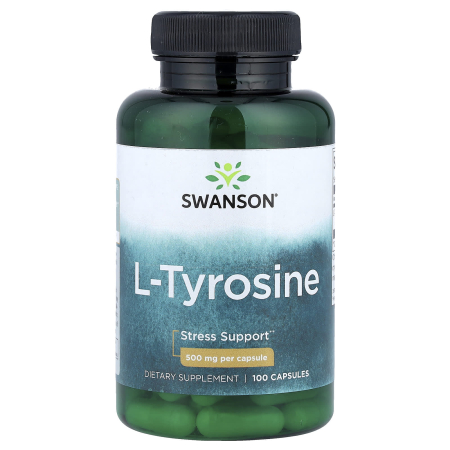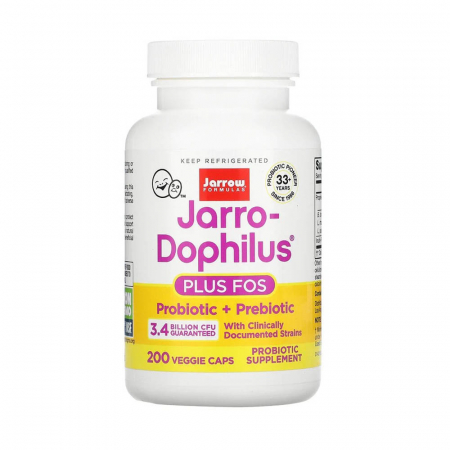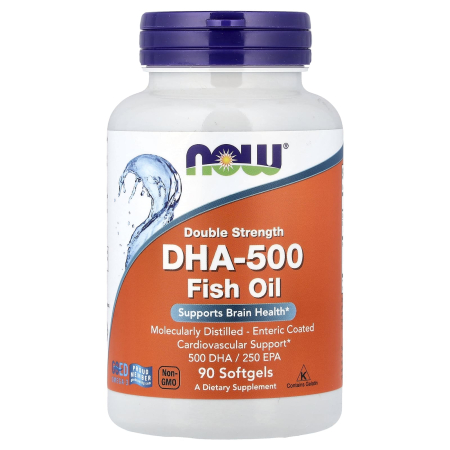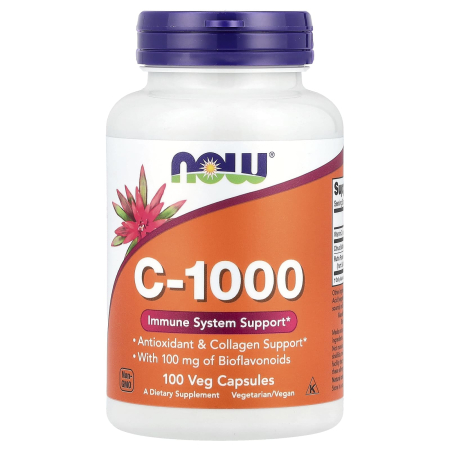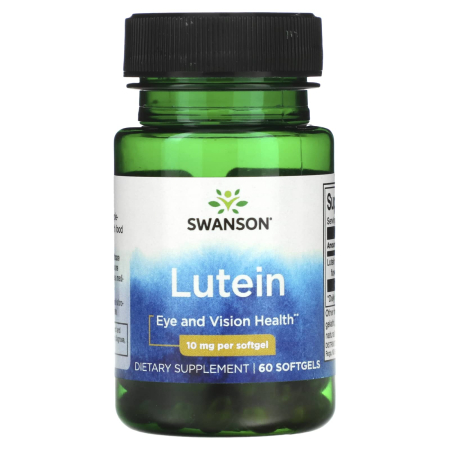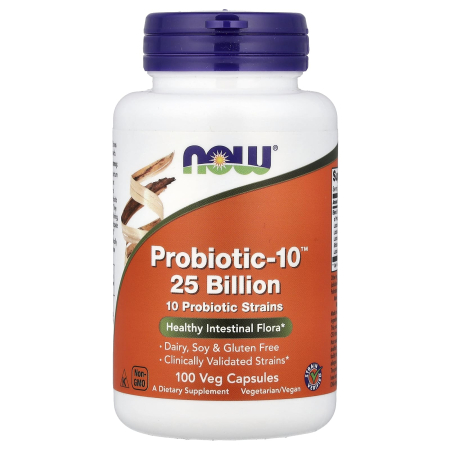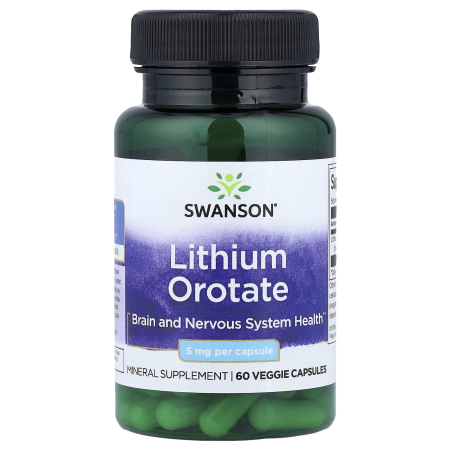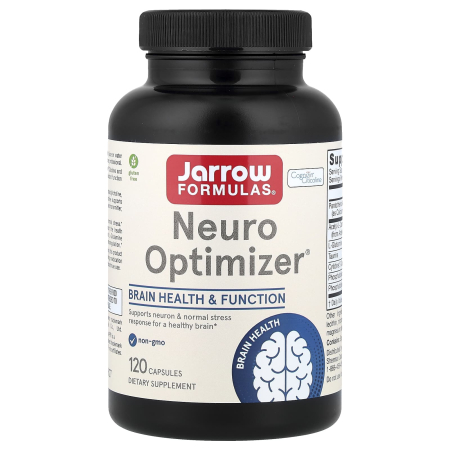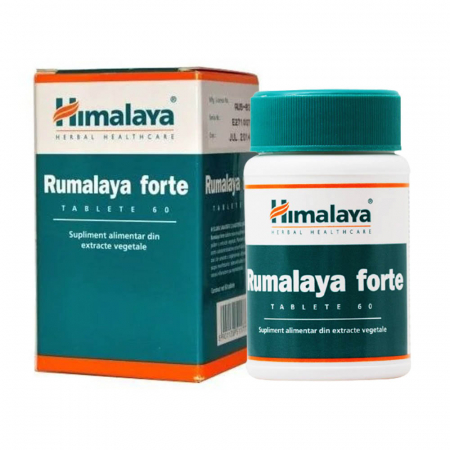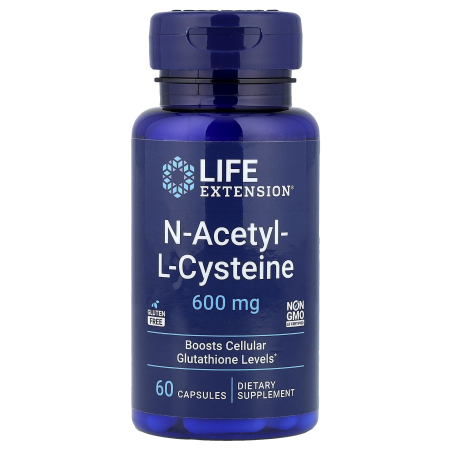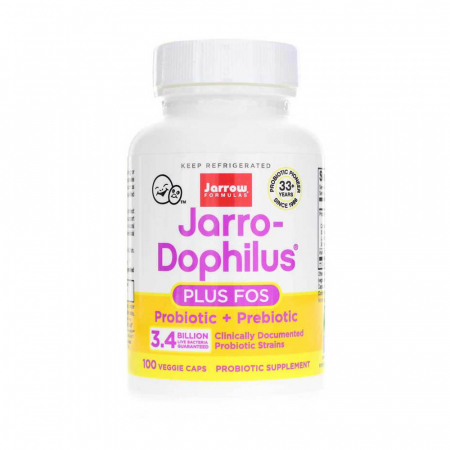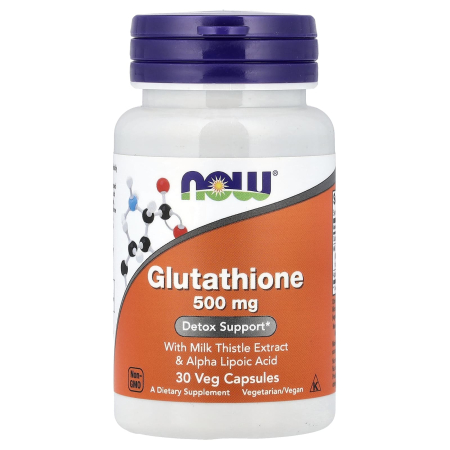- Home /
- Supplements from A to Z /
- Serrapeptase
Serrapeptase
Serrapeptase
- Acai
- Acerola
- Acetyl L-Carnitine
- Caprylic Acid
- Folic Acid
- CLA (Conjugated Linoleic Acid)
- Agaricus Mushroom
- Alfalfa
- Alpha GPC
- Andrographis
- Artichoke
- Astragalus
- Bacopa Monnieri
- Bamboo
- Berberine
- Bergamot
- Beta-Glucans
- Beta-Sitosterol
- Betaine
- Biotin
- Black Cohosh
- Borage Oil
- Holy Basil (Tulsi)
- Butcher's Broom
- Calcium D-Glucarate
- Activated Charcoal
- Carnosine
- Shark Cartilage
- Cascara Sagrada
- Cayenne
- Chaga Mushroom
- Cumin
- Chlorella
- Citicoline
- Chlorophyll
- Black Currant
- Turkey Tail Mushroom
- Lion's Mane Mushroom
- Coleus Forskohlii
- Choline
- Colostrum
- Cordyceps
- Chromium
- D-Mannose
- Damiana
- 7-Keto DHEA
- DIM
- DMG
- Dong Quai
- Brewer's Yeast
- Red Yeast Rice
- Echinacea
- Bilberry Extract
- Fennel
- Phenylalanine
- Feverfew
- Passion Flower
- Phosphatidylserine
- Fructo-Oligosaccharides
- Olive Leaf
- Garcinia
- Devil's Claw
- Cat's Claw
- Ginger
- Ginkgo Biloba
- American Ginseng
- Eleuthero
- Glucomannan (Konjac)
- Goldenseal
- Gotu Kola
- Grapeseed
- Graviola
- Guarana
- Gymnema Sylvestre
- Hops
- Hesperidin
- Horny Goat (Epimedium)
- Indole-3-Carbinol
- Inositol
- Inulin
- Isoflavones
- Kudzu
- Lactoferrin
- Royal Jelly
- Licorice
- Lemon Balm
- Lithium
- Maca
- Rose Hips
- Maitake Mushroom
- Mint
- Peppermint
- Cranberry
- Molybdenum
- Moringa
- Muira Puama
- Chamomile
- Niacin And Niacinamide (Vitamin B3)
- Noni
- Ornithine
- Hawthorn
- Panax Ginseng
- Dandelion
- Papaya (Enzymes)
- Bitter Melon
- Black Pepper (Bioperine)
- Pyridoxine (Vitamin B6)
- Potassium
- Pregnenolone
- Proline
- Propolis
- Pygeum
- Pyrroloquinoline Quinone (PQQ)
- Reishi Mushroom
- Rhodiola
- Riboflavin (Vitamin B2)
- Ribose
- Lemon Balm
- Rosemary
- Rutin (Vitamin P)
- SAMe
- Sarsaparilla
- Fenugreek
- Pine Bark (Pycnogenol)
- Cinnamon
- Serrapeptase
- Shiitake Mushroom
- Silica
- Elderberry
- Saffron
- Spirulina
- Plant Sterols
- Strontium
- Sulforaphane (broccoli)
- St. John's Wort
- Theanine
- Thiamine (Vitamin B1)
- Tocotrienols
- Tribulus
- Red Clover
- Coconut Oil
- Slippery Elm
- Garlic
- Uva Ursi
- Vinpocetine
- Vitamin B12
- Wormwood (Artemisia)
- Yucca
Quantity
Status stoc
Form
Certifications and Diet
Manufacturers
Price
Rating
Cele mai populare
Serrapeptase (Serratiopeptidaza), 60 000 SPU, Now Foods, 60 capsule
Newest
Serrapeptase (Serratiopeptidaza), 60 000 SPU, Now Foods, 60 capsule
Display: 1-5 from 5 products
FiltersSerrapeptase (Serratiopeptidaza), 60 000 SPU, Now Foods, 60 capsule
Serrapeptase High Potency (Serratiopeptidaza), 40 000 SPU Doctor's Best, 90 capsule
Natto-Serra (Nattokinase - Serrapeptase), Doctor's Best, 90 capsule
What is serapeptase?
Serapeptase is a proteolytic enzyme, i.e. it breaks down proteins into smaller components called amino acids. It is produced by a bacterium in the digestive tract of silkworms, which allows them to dissolve their cocoons.
The first observation of the anti-inflammatory effect of serapeptase was made in the United States in 1950, and a second observation was made in Japan when the enzyme was isolated from silkworms. As a result of the research, serapeptase has been named the most efficient proteolytic enzyme.
Since then many other benefits and uses of serapeptase have been discovered.
Among the benefits of serapeptase are the following:
- May reduce inflammation
In dentistry, this enzyme is used in procedures such as tooth extraction, pain reduction, jaw muscle spasms and reducing post-operative inflammation.
Serapeptase is proven to decrease the number of inflamed cells in the affected area.
Studies have shown and confirmed that serapeptase has effects that can be compared to painkillers or analgesics. In particular, serapeptase has been shown to be more effective than ibuprofen or corticosteroids, powerful drugs designed to cure severe inflammation.
In addition, the same study showed that serapeptase is much safer than painkillers.
- Can reduce pain
One study included 200 participants suffering from ear, nose and throat infections.
Following the administration of serapeptase, participants observed a significant reduction in inflammation and pain. Similarly, another study found that serapeptase can significantly reduce the intensity of pain following tooth extraction.
Another study showed that serapeptase can be successfully administered following dental surgery, but was less effective than corticosteroids.
- Serapeptase may prevent infections
A biofilm to which a bacterium attaches forms a protective barrier to the group.
This biofilm acts as a protective wall against antibiotics, allowing the bacteria to grow rapidly and cause infection. Serapeptase stops the biofilm forming and improves the effectiveness of antibiotics.
Test tube studies showed that antibiotics were more effective when combined with serapeptase. In addition, serapeptase combined with antibiotics was effective in treating antibiotic-resistant infections.
- Can dissolve blood clots
It is thought to destroy affected tissue and fibroma, a powerful protein formed in blood clots.
But this information has not yet been proven except by the personal experiences of a few people.
So more research is needed to confirm its role in dissolving blood clots.
- May be beneficial in chronic respiratory conditions
In a 4-week study, a random selection of 29 people with chronic bronchitis was made from a group of 29 people who were given a dose of 30 mg of serapeptase daily. The others were given the usual treatment. Bronchitis is a condition that manifests itself by coughing and difficulty in breathing, factors that lead to mucus production.
In people given serapeptase, mucus production decreased compared to those given only the usual treatment.
PRODUCT CATEGORIES
CATEGORIES OF DISEASES
Latest Reviews Added:
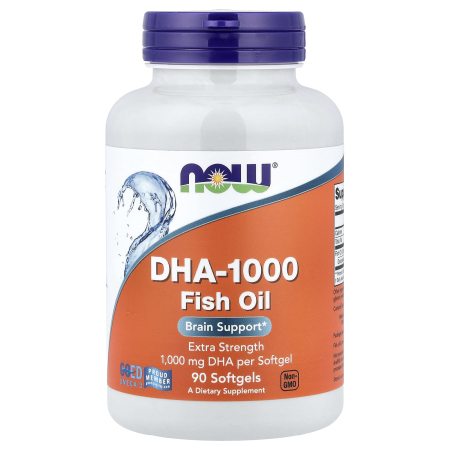
Denisa Dinu,
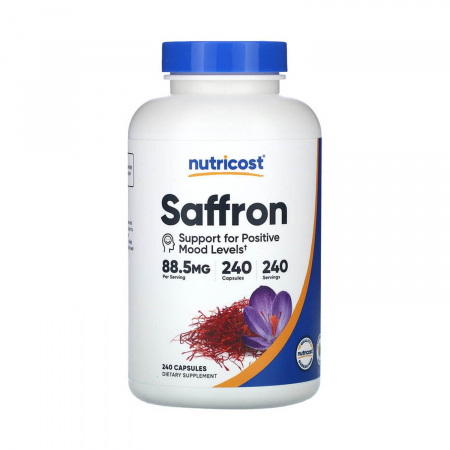
Valeria Lungu,
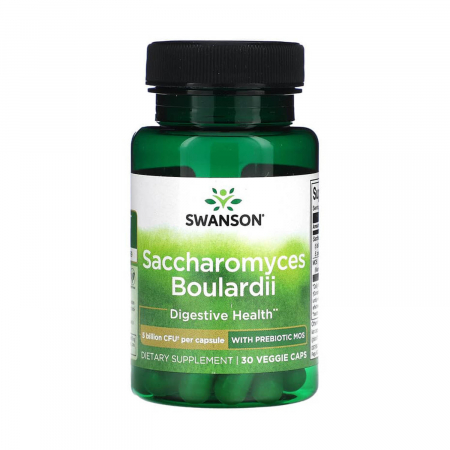
Saccharomyces Boulardii with Prebiotic MOS, 5 Billion CFU, Swanson, 30 capsules SWA012
Elena,
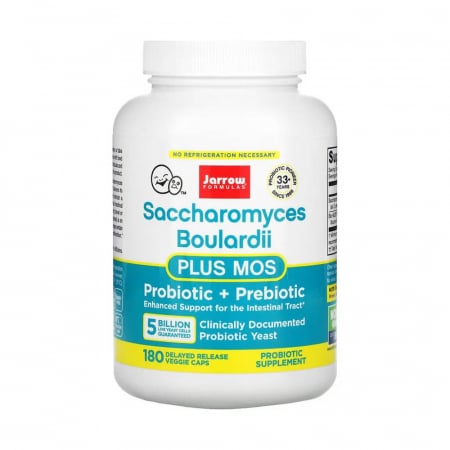
Carolina Floroiu,

Rodica Iancu,
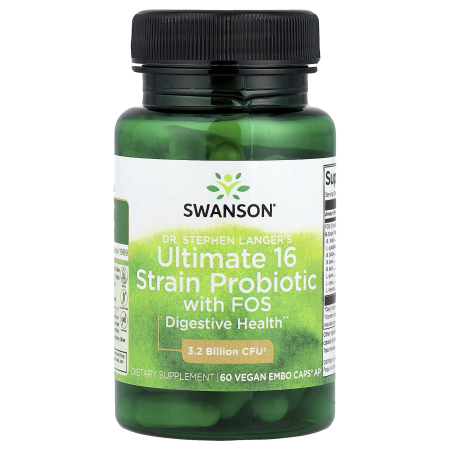
Ultimate 16 Strain Probiotic With FOS, 3.2 Billion CFU, Swanson, 60 capsules SWA051
Nita Patricia,

Rodica luminita Pascut,

Mihaela Ciobotaru,
Latest viewed products
Newsletter Don't miss our offers and promotions

